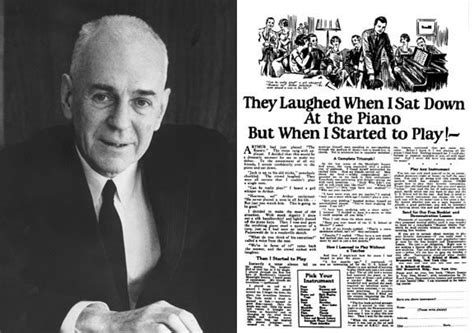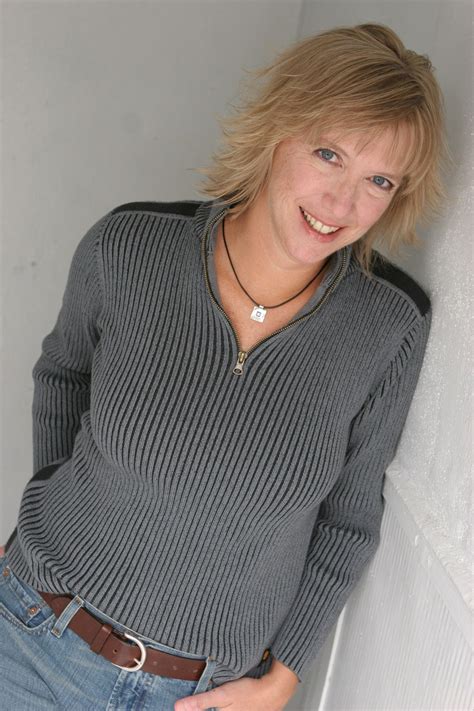A Quote by Elizabeth Strout
The fact of the matter is I always have a really high sense of responsibility to the reader, whether it's a few readers that I get or a lot of readers, which I was lucky enough to get with 'Olive.' I feel responsible to them, to deliver something as truthful and straight as I can.
Related Quotes
I have a total responsibility to the reader. The reader has to trust me and never feel betrayed. There's a double standard between writers and readers. Readers can be unfaithful to writers anytime they like, but writers must never ever be unfaithful to the readers. And it's appropriate, because the writer is getting paid and the reader isn't.
The ear is the only true writer and the only true reader. I know people who read without hearing the sentence sounds and they were the fastest readers. Eye readers we call them. They get the meaning by glances. But they are bad readers because they miss the best part of what a good writer puts into his work.
You can get away with breaking all of the other rules at least once in a while, but you can't get away with breaking this one. Readers will accept almost anything from you if you don't make them feel they have wasted their time and money. Remember, you can bore readers in a lot of different ways. It doesn't necessarily take a dearth of action; too much action can get you the same result. Everything in writing, like in life, requires balance.
A reader is entitled to believe what he or she believes is consonant with the facts of the book. It is not unusual that readers take away something that is spiritually at variance from what I myself experienced. That's not to say readers make up the book they want. We all have to agree on the facts. But readers bring their histories and all sets of longings. A book will pluck the strings of those longings differently among different readers.
I try to weave a secret into each plot. It's the thread that holds the rest of the story fabric together. In fact, it's the reason for the story. I hint at the secret early on. Immediately I want the reader to get the feeling that something here isn't quite right. It helps maintain the suspense if a puzzling element is introduced in the first few pages of the book, but the answer isn't revealed until the final ones. Hopefully, readers want to know what the heck is really going on, and it's the desire to find out that keeps them turning pages.
With a novel, you have the reader with you a lot longer, and you owe him a lot more. Obviously you have to have a plot - I say "obviously," although I think a lot of fiction doesn't, and nothing seems to happen. But to me, there should be something that happens, and it should be at least vaguely plausible. And because the readers are going to be with these characters for a long time, you have to get to know them and like them and want to know what happens to them.
I dislike that premise implies that a fiction writer is incapable of dreaming up stories that can bring readers to tears, that if you are lucky enough to be living a pretty sedate life ,as I am, you've got nothing worthy of writing about, that you're incapable of making a reader's gut wrench.Frankly, that's what makes readers nervous, the sorcery of you or me or any good fiction writer making up characters who feel like real people, of telling a story that feels true but isn't.
People are going to bash you. You get rejected. It's hard. I don't really feel like that's my place as the teacher. I think the most important thing is to figure out what they're trying to do and turn them onto writers who are doing similar stuff. I think that's something I can do more than anything else: get them to be big readers.
When I write, I never think of segments as chapters; I think of them as scenes. I always visualize them in my mind. Then I try to get the scene down on paper as closely as I can. That's the one thing that readers don't see - what you have in your mind. The reader can only see what you get on the page.
I'm a fan of meeting readers face to face, at reader events, where we're able to sit down and take some time to talk. Too often, at regular book signings, I meet readers who have traveled six or eight hours to see me, and I'm unable to spend more than a few short minutes chatting with them as I sign books.







































